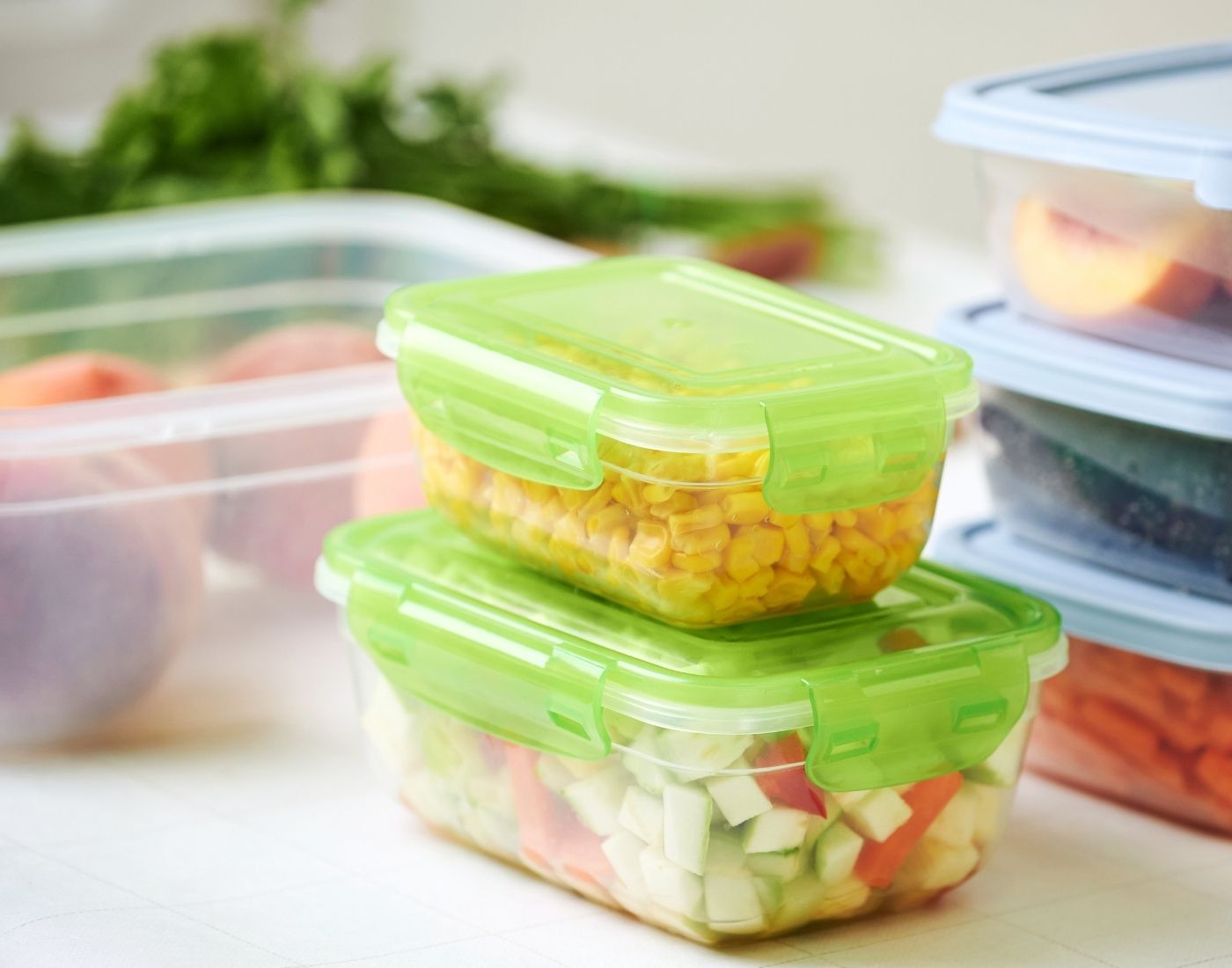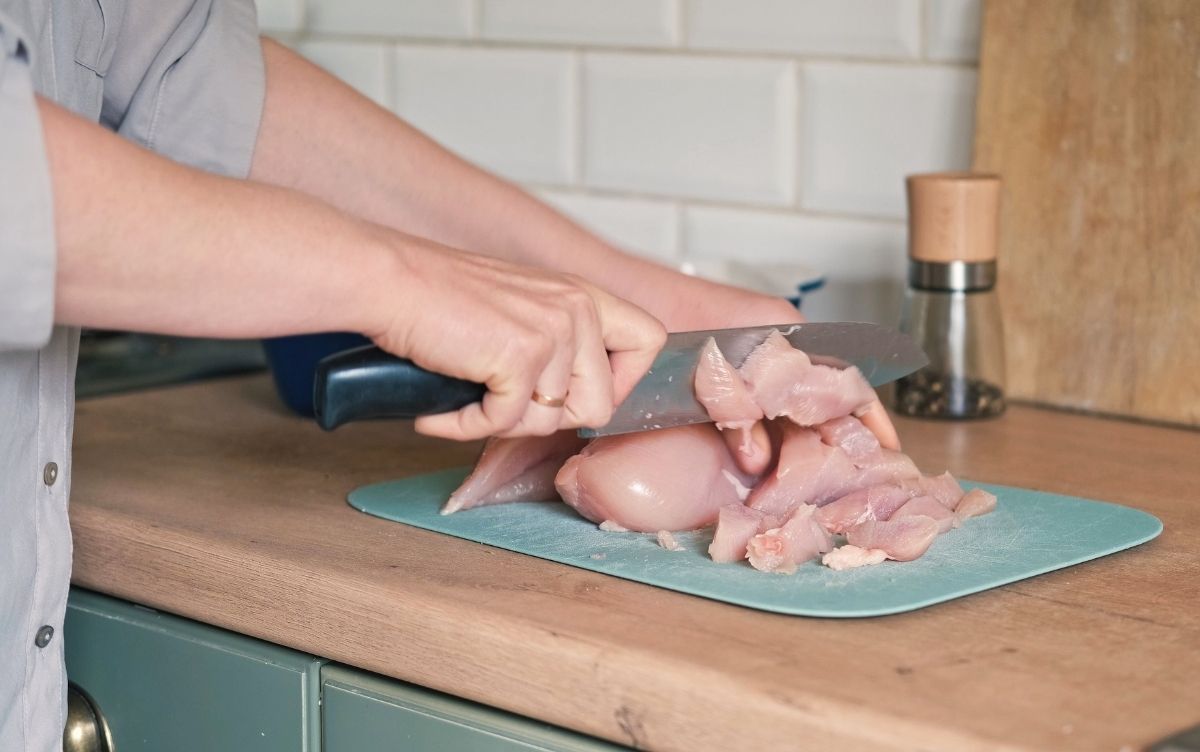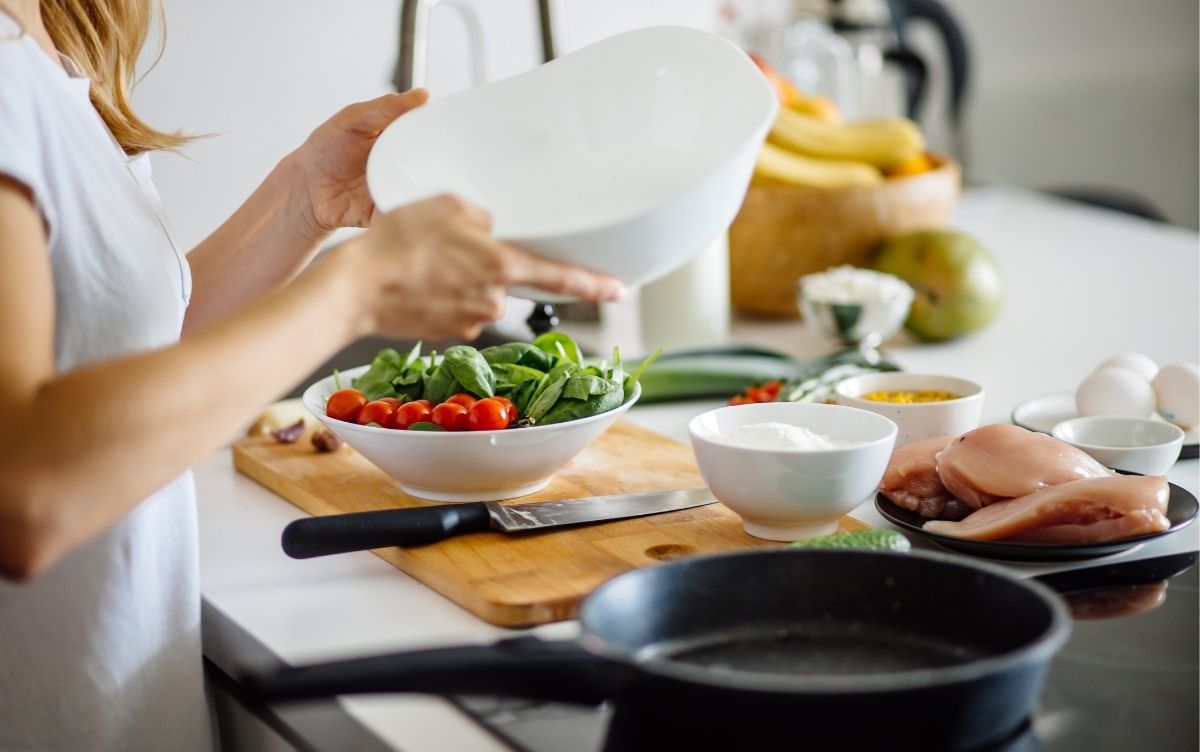Cross-contamination is the transfer of harmful germs (bacteria) from one object to another. The most common example is when raw food touches or drips onto other cooked foods, utensils or surfaces. It can be a major cause of food poisoning.
It’s important to be aware of cross-contamination when preparing and storing food. Here are some tips to avoid cross-contamination in the kitchen to keep you and your family safe:
- do not wash raw meat or poultry before cooking it. It won’t get rid of harmful germs and you could splash these germs onto other areas of the kitchen or onto yourself
- wash hands in warm, soapy water after touching raw food (such as meat, poultry, fish and eggs) and before handling ready-to-eat foods (such as salad vegetables)
- keep raw meat/poultry/fish as well as unwashed raw fruit and vegetables separate to ready-to-eat foods during storage and preparation
- do not use the same chopping board or utensils for raw meat/poultry/fish and ready-to-eat food (such as salads) without washing the board and utensils thoroughly in between uses
- use different chopping boards and utensils for unwashed raw vegetables and ready-to-eat foods or wash these items thoroughly in between uses
- keep raw meat, poultry or fish in a sealed container at the bottom of the fridge so it can’t touch or drip onto other foods
When washing raw vegetables, it’s important to avoid cross-contamination. Rub them under water, for example in a bowl of fresh water, to help to reduce splashing. Try to wash the least soiled items first and give each of them a final rinse. Brushing off dry soil before washing may help reduce the amount of washing required to clean the vegetables thoroughly.



